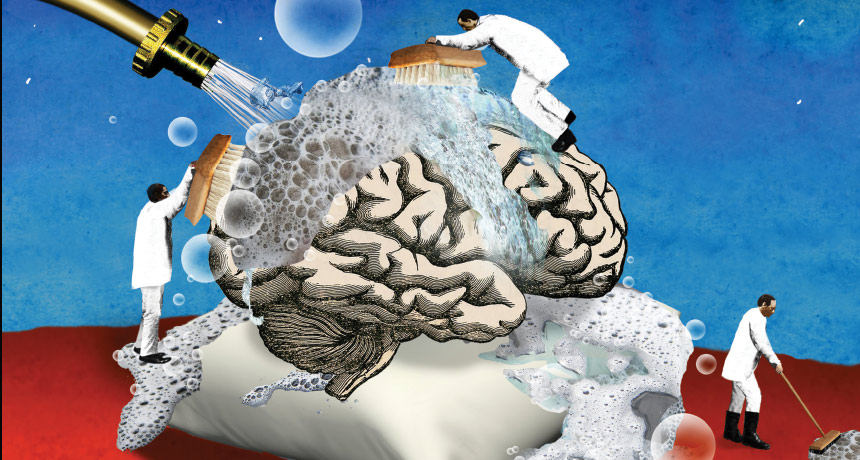Mental Hygiene

Chapter 14 of “The Art of Happiness” by HH the Dalai Lama is all about dealing with our anxiety and fear and building self-esteem. What a needed examination for us now living in a world of uncertainty and fear! Like anger and hatred from the last chapter, fear and anxiety are huge obstacles on the path of finding inner peace and happiness, and we have to find ways to actively and consciously counteract them. This process is an active practice to “promote good mental hygiene”.
The first thing we have to do is apply some amount of reasoning. There are different types of anxiety and fear and it is helpful to contemplate the source. “Some kinds of fear are very genuine, based on valid reasons…On the other hand, some kinds of fears are our own mental creations.” Just first acknowledging the source of a fear or worry can go a long way in counteracting it. Maybe it is just a simple act of changing a thought process or maybe it will take a little more courage to face a fear head on. Either way, knowing what is causing the anxiety or fear will help you clarify what is needed in your mind.
“If the situation or problem is such that it can be remedied, then there is no need to worry about it…Alternatively, if there is no way out, no solution, no possibility of resolution, then there is also no point in being worried about it, because you can’t do anything about it anyway.”
HH The Dalai Lama – Chapter 14 in “The Art of Happiness”
This idea of “mental hygiene” as an antidote to negative mental states continues in this chapter as we take a look at motivation and honesty. There is a reason that the practice of yoga begins with The Yamas (moral precepts), including things like telling the truth and non-violence. It is not always about just how you are treating or interacting with “the other”, but the resulting personal mental issues related to our intentions. If we enter into any activity or interaction with trepidation or ill will or dishonesty, then the pressure or the tension involved in that will automatically result in fear and anxiety in our own mind. That then leads to distraction and disturbance on our own path of happiness.
Our self esteem is also closely tied to our intentions and the resulting fears and anxieties. Arrogance may on the surface seem like it is untouched by fear, but to hang onto an aggrandized or superior view of oneself can ultimately lead to frustration and defensiveness when things don’t go as planned. And, low self esteem drives you into depression and unfounded fear of failures. We have to be courageous in self-appraisal of our feelings and motivations, not just towards other people but towards ourselves. And, it is important to scrub them clean in order to end our own suffering.
At the end of this chapter, the Dalai Lama addresses the idea of “self-hatred”, which he admits is a foreign concept to him and his culture. I remember reading this for the first time and being as flummoxed as Dr. Cutler is. As a Western female who has never met or conformed to any image norms or ideals, it seemed natural to question everything about myself in comparison to others, to feel “less than” and at times even “hate” myself for one reason or another. Deep down I knew that I wanted to be happy and to enjoy life just like everyone else who “fit in” seemed to, and it is that desire to be happy that The Dalai Lama says is the proof that there is no actual basis for hating oneself at all!
“If our definition of love is based on a genuine wish for someone’s happiness, then each of us does in fact love himself or herself – every one of us sincerely wishes for his or her own happiness.”
“We can directly counteract thoughts of self-contempt by reminding ourselves that no matter how much we may dislike some of our characteristics, underneath it all we wish ourselves to be happy, and that is a profound kind of love.”
HH the Dalai Lama
Yoga sees this great human potential that each and every one of us embodies! No matter what might be going on in the changing world around us, if we can clear our mental habits and move closer to our own source, we will uncover that seed of happiness we all possess.